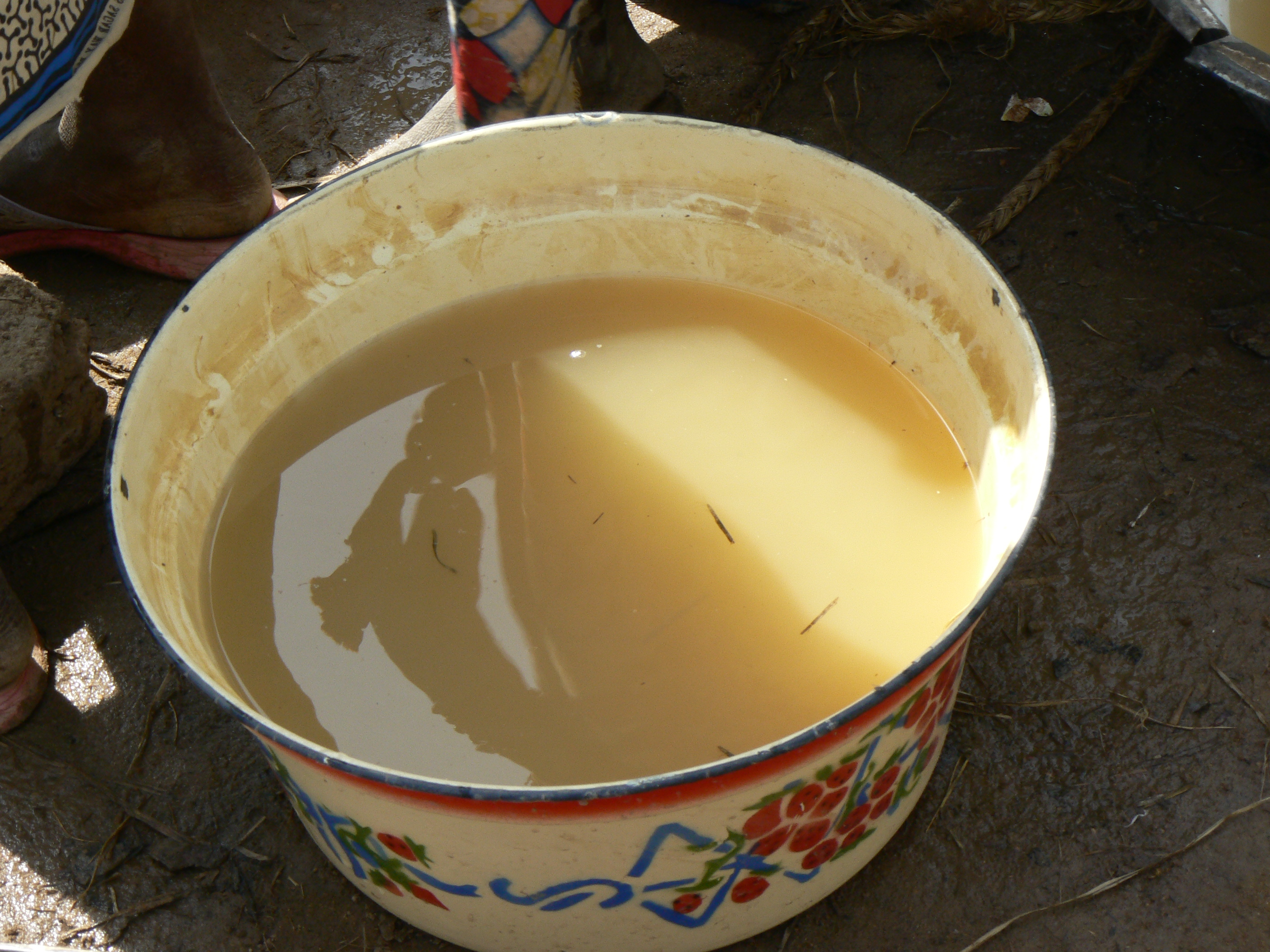By Danielle Johnson

Neglected tropical diseases (NTDs) are a diverse group of infectious diseases which disproportionately impact the poorest populations, causing suffering, disfigurement, debilitation and sometimes death. Contrary to what the name suggests NTDS are not limited to countries with tropical climates, impacting populations in arid climates, like Niger, polar climates, and virtually all climate zones in between. The World Health Organization (WHO) has prioritized 17 of these diseases which are endemic in 149 countries and affect more than 1.4 billion people, or one-sixth of the world’s population. These diseases are called neglected because they have been largely eradicated in developed parts of the world but continue to impact the poorest communities. NTDs can cause extraordinary physical and emotional pain, and also cost developing economies billions of dollars annually. They render people unable to work, keep children out of school and hold communities back from thriving.
Facts on NTDs *
• 100% of low-income countries are affected by at least five neglected tropical diseases simultaneously.
• Neglected tropical diseases kill an estimated 534,000 people worldwide every year.
• Individuals are often affected with more than one parasite or infection.
• Treatment cost for most NTD mass drug administration programs is estimated at less than US fifty cents per person, per year.
Schistosomiasis, lymphatic filariasis, soil-transmitted helminthiasis, and trachoma are all NTDs which are endemic in Niger. Over the next few weeks WBH will be posting information on each disease in a five part series in our blog.
The prevention, control and eradication of these four NTDs heavily depend upon increasing access to safe water, while simultaneously improving sanitation and hygiene practices. While helpful, treatment alone will not halt the devastating cycle of transmission. WBH works to provide safe water, sanitation and hygiene infrastructure while delivering critical education on healthy behaviors, effectively contributing to the sustained control and eventual eradication of NTDs in Niger.
The poorest and most marginalized members of the population have extremely limited access to the most basic infrastructure. This grim reality results in a disproportionately high disease burden for those living in rural villages in Niger. WBH is changing this. Once a well is drilled villages receive access to safe water and improved sanitation facilities, and their communities receive critical education in hygiene practices which will help stop cycles of transmission for both NTDs and infectious disease.
(*Source: Center for Disease Control)


